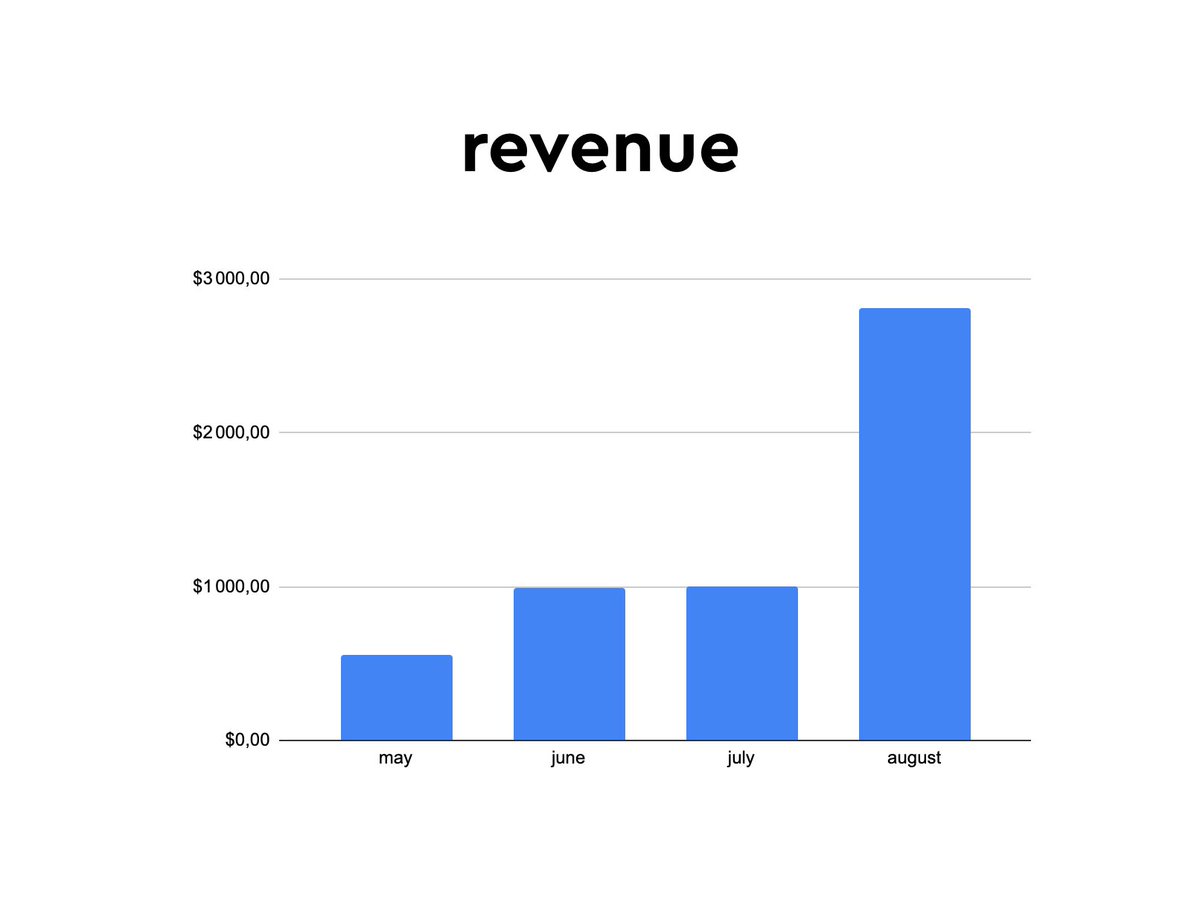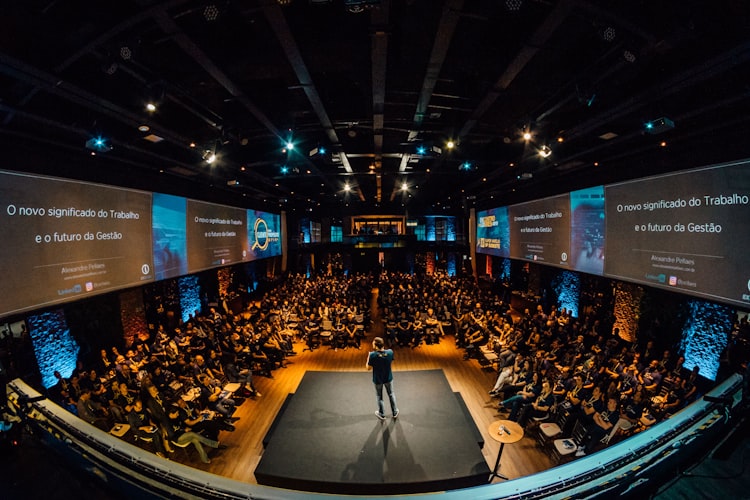Build A Community By Acting Like You're Part Of One [BCC 034]
![Build A Community By Acting Like You're Part Of One [BCC 034]](https://images.unsplash.com/photo-1444210971048-6130cf0c46cf?crop=entropy&cs=tinysrgb&fit=max&fm=jpg&ixid=MnwxMTc3M3wwfDF8c2VhcmNofDE2fHxjb21tdW5pdHl8ZW58MHx8fHwxNjMxMjk5NjQx&ixlib=rb-1.2.1&q=80&w=960)
There is a lot of power in thinking in terms of building a community rather than creating a following.
It affects how you show up, how you contribute, and how you participate, as well as the results you get from your efforts.
This morning I had a light-bulb moment where everything clicked, and today I'll share what that was and how it's going to change my approach to building a community going forward.
Communities help you grow faster
As I wrote about a few weeks ago, the right groups and communities can give you a massive advantage by being able to get feedback from others on your ideas and your work.
Over the summer I've joined a few communties, my favorite being Non-Fiction Writers, created by Rob Fitzpatrick as an extension of his recent book, Write Useful Books.
I've made some amazing connections, received feedback on my work, and have more clarity going forward as I write my book in public.
Many of the people in that group have since joined this email list and followed me on Twitter, so the results I was after are also happening.
The community structure can be applied to social networks
This was the big a-ha moment from this morning. I'd been using Twitter in a fairly haphazard way - tweeting here, responding there, following over there - without any big vision as to why.
When I started to think about the structure of an online community built on Slack or Discord or Circle, I realized that if I applied it to Twitter then everything would be so much easier.
Here's why:
COMMUNITIES ARE BUILT AROUND TOPICS AND OUTCOMES
People join communities because they want to connect with other people around a specific topic, or because they think that joining the community will help them achieve something.
For example, let's look at the other discord groups I joined this year:
The Tilt
I wanted to learn more about creator coins and learn from those that were teaching and sharing their experience in the space. Joe Pulizzi has one of the top 5 creator coins on the Rally network.
I wanted to better understand DeFi and so I purchased Nat Eliason's course on the topic and have joined the group to be able to ask questions and get more timely updates on what is going on in the world of crypto & DeFi.
Xavier is a friend and talented builder & marketer who I've worked with and have watched build 6 apps in 6 months and grow his Twitter to a community of over 5k people.
I wanted to connect with those in his circle and get their ideas and insights and feedback.
So you can see that communities, for me, are very outcome driven. I don't have a lot of need for connection, especially with people I don't know, so I don't join them for the connection aspect. I want something and see a community as a shortcut and a way to learn from people who are already doing what I want to do.
That's the first part of the structure of a community - there's a focus.
Whether the focus is on an outcome, successful communities know why they exist and who they are for.
COMMUNITIES GIVE YOU WHAT YOU WANT
The successful communities I've joined, meaning the ones I've stuck around for, give me what I want to get from them.
If you look at the sidebar of any community, you can see the outcomes listed right there.
(I'd screenshot them but I don't want to share things I shouldn't be sharing inside paid communities)
There are specific places for general discussion, q&a, feedback, promotion, and then sub-channels for topics that would be of interest to the audience.
Interestingly enough, Nat (the DeFi community guy) had a community earlier this year that ultimately he stopped running because, in my opinion, it was too open ended and lacked focus. Just look at these topics:
Who is this group for? Your guess is as good as mine. When you take this idea and apply it to your social profiles, you understand that the content you put out needs to have a focus, some clarity, some consistency, and it needs to be easily identified as "this is for me!" If people can't tell from a quick glance that this is something valuable for them, it will be hard to grow that community online. DON'T SHOW UP AND SPAM THE COMMUNITY There were a few communities I joined this summer as a test, but quickly left because the entire conversation was just spam piled on spam followed by more spam with a side of spam. If you've ever joined a group and then saw that there were a few people who just talked all the time about themselves, then you know what I'm talking about. Spam is simply things that are unwanted. So don't spam your community, or your followers online. If people can tell that you're in it for your own benefit, that prevents you from being able to connect and grow. You show up and you give value. Help others out. Give feedback. Respond to questions. Engage on topics that interest you. All without asking for anything in return. Would you ever go to a party, introduce yourself, and immediately say "You should follow me on Twitter and buy my book and sign up for my email list!" NO! At least I hope not. In "real life" you only bring that stuff up when it's appropriate, generally when people ask you for those details. The same applies online. Twitter is the cocktail party of the internet Whether your platform of choice is Instagram, TikTok, Facebook, Twitter, LinkedIn, Reddit, or some new app that I haven't even heard of, if you treat it like you're part of a community you'll grow much faster than if you approach it with the idea to get get get without any give give give. Show up, provide value, focus on connection and contribution, and the results will come.
|












Member discussion